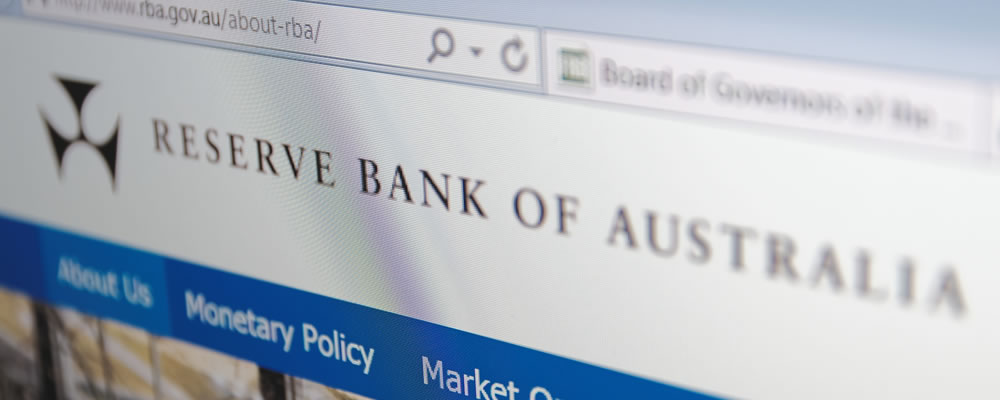Weak Aussie Unemployment Sends the Euro Australian Dollar (EUR/AUD) Exchange Rate Higher
The Euro Australian Dollar (EUR/AUD) exchange rate jumped by around 0.6%, leaving the pairing trading at around AU$1.6281.
The ‘Aussie’ slumped on Thursday after data revealed the country’s unemployment rate shot up to 5.3% from 5.1%.
AUD remained under pressure as the rise in unemployment could push the Reserve Bank of Australia (RBA) closer to slashing interest rates from 0.75%.
Markets are likely pricing in a higher change of an interest rate cut as a result of the weak data.
However, the recent data may not be enough to push the bank into cutting rates as soon as March.
Commonwealth Bank senior economist Gareth Aird said he expects the RBA to wait longer before cutting rates and added:
‘We retain our view that April looks the most likely month for the next 0.25% rate cut. March is clearly ‘live’, but we suspect the RBA will want to see the February employment report before delivering on its easing bias.’
Will the Reserve Bank of Australia Cut Interest Rates?
However, the ‘Aussie’ could continue to suffer due to the unknown effects on employment.
Commenting on this, Capital Markets macro rates strategists Robert Thompson stated:
‘The [Australian Bureau of Statistics] ABS also noted there was little impact from the bushfires on employment thus far – we didn’t expect it to really emerge yet, but bushfires and now coronavirus remain a risk for employment in the months ahead, particularly via the highly casualised tourism industry.
‘We continue to look for further easing from the RBA in June this year, but with the risk that this slips into the second half of 2020 as the Bank looks through a likely weak raft of first-quarter data on the grounds that current noise from bushfires [and the] coronavirus will reverse and should be looked through.’
Euro (EUR) Rises despite Deteriorating German Confidence
The single currency was able to take advantage of the weakness in the Australian Dollar despite disappointing German data.
Consumer morale in the bloc’s largest economy deteriorated this month, on increased fears of the spread of coronavirus.
Consumers were less willing to spend this month, as some believed the outbreak would exacerbate the current economic slowdown.
GfK showed that consumer sentiment slipped from 9.9 to 9.8 in February, in line with expectations.
Commenting on this morning’s release, GfK researcher, Rolf Buerkl stated:
‘The spread of the coronavirus has undoubtedly contributed to uncertainty among consumers.’
Euro Australian Dollar Outlook: PMI Data in Focus for Friday
Looking ahead to this evening, the Australian Dollar (AUD) could extend its losses against the Euro (EUR) following the release of Aussie PMI data.
If CommBank’s PMI composite slumps below the no-change 50 mark, the ‘Aussie’ will slide.
Meanwhile, the single currency could edge down slightly on Friday following flash German PMI statistics.
If February’s data reveals German manufacturing sector activity has slowed more than expected, the Euro Australian Dollar (EUR/AUD) exchange rate will remain muted.
